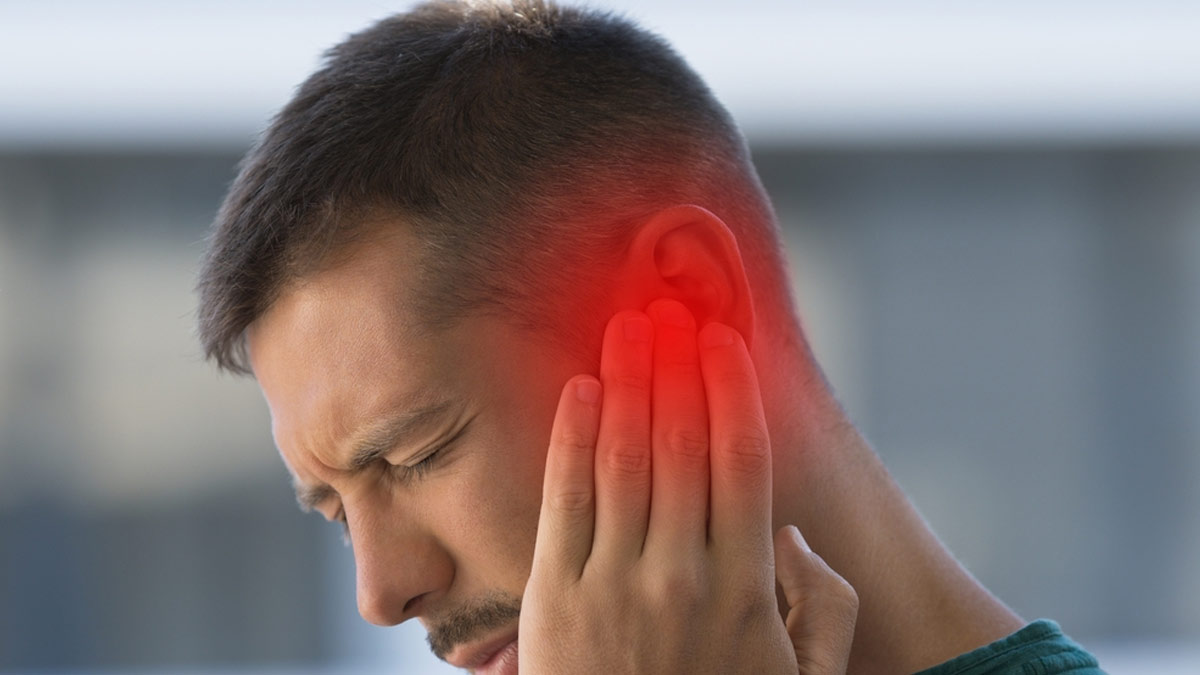
People generally await the rainy season to get respite from the scorching heat, but it also brings a plethora of microbial infections. Excess moisture, which provides the ideal environment for the breeding of bacteria and fungi, gives rise to various health problems. Ear infection is one such common occurrence in monsoons that is accompanied by persistent itching, discomfort in the ears, intermittent pain, or a feeling of blockage in the ear. We spoke to our expert Dr Vivek Kumar Pathak, Senior Ear Nose Throat (ENT) Consultant, HearClear, who shared ear care tips to avoid ear infections in monsoon.
Table of Content:-

“Instances of swimmer’s ear (otitis externa), otomycosis, and other fungal ear infections are prevalent during the season, showing symptoms of chocked ears, earache, decreased hearing, itchiness, watery discharge, etc. Therefore, to impede the development of any form of ear infection during the season, the article explores tips to prevent infection,” said Dr Pathak.
Acute Otitis Media (AOM) is a prevalent ear infection diagnosed in children across the globe. The occurrence of AOM is more common during the monsoon season than in the summer, according to the Journal of Health, Population and Nutrition.
Tips To Follow To Avoid Ear Infections In Monsoon
Ear Hygiene

To avoid fungal growth, focusing on ear hygiene is important. Maintaining the cleanliness and dryness of the ear is a crucial step in the process, where wiping the outer ears with a clean, dry cloth can inhibit fungal growth.
Device Disinfection
"Considering that ear devices are close to the ears, they increase the chances of infection in them. To address the problem, one should regularly clean the headphones, earphones, and other ear devices with disinfectant to prevent infection from entering the ear canal," added Dr Pathak.
Also Read: Ear Health: Expert Lists 5 Easy Ways To Clean Hearing Aids
Avoid Using Cotton Swabs

In the pursuit of cleaning the ear, one should refrain from using cotton swabs or inserting any foreign object into the ear. In fact, they are more harmful than helpful when it comes to cleaning ears. "They might contain bacteria and introduce it to the ear. Moreover, instead of cleaning the ear, it pushes the wax deeper into the ear, increasing the risk of injury, infection, and irritation in the process," said Dr Pathak.
Avoid Swimming
Understanding that monsoon increases the probability of infection, it is recommended to avoid swimming or water activity during the season. However, if a person chooses to indulge in these activities, they should safeguard the ear with waterproof earplugs to provide the desired protection to the ear. By creating a barrier between the water and the ear, the plugs aid in resisting the entry of water into the ear.
Also Read: Parenting In The Digital Age: Expert Explains How Smartphones Can Harm Your Kids’ Hearing Health
Ear Ventilation

Ensuring ear ventilation during the monsoon can go a long way toward keeping infection at bay. This can be done by limiting the use of earphones or earplugs, which can achieve the twofold purpose of preventing moisture buildup in the ear and even giving the desired rest to the ear.
Visit a Specialist
In case of experiencing any discomfort, pain, or irritation in the ear, it is advisable to visit an ENT specialist. “Seeking professional help can offer relief from ear issues more effectively than relying on homemade remedies or self-medication, which may increase the risk of ear damage. The specialists come with the expertise to recommend appropriate treatment and medication, such as ear drops, antibiotics, or surgery, depending on the severity of the situation,” highlighted Dr Pathak.
[Disclaimer: This article contains information provided by an expert and is for informational purposes only. Hence, we advise you to consult your own professional if you are dealing with any health issues to avoid complications.]
Also watch this video
How we keep this article up to date:
We work with experts and keep a close eye on the latest in health and wellness. Whenever there is a new research or helpful information, we update our articles with accurate and useful advice.
Current Version